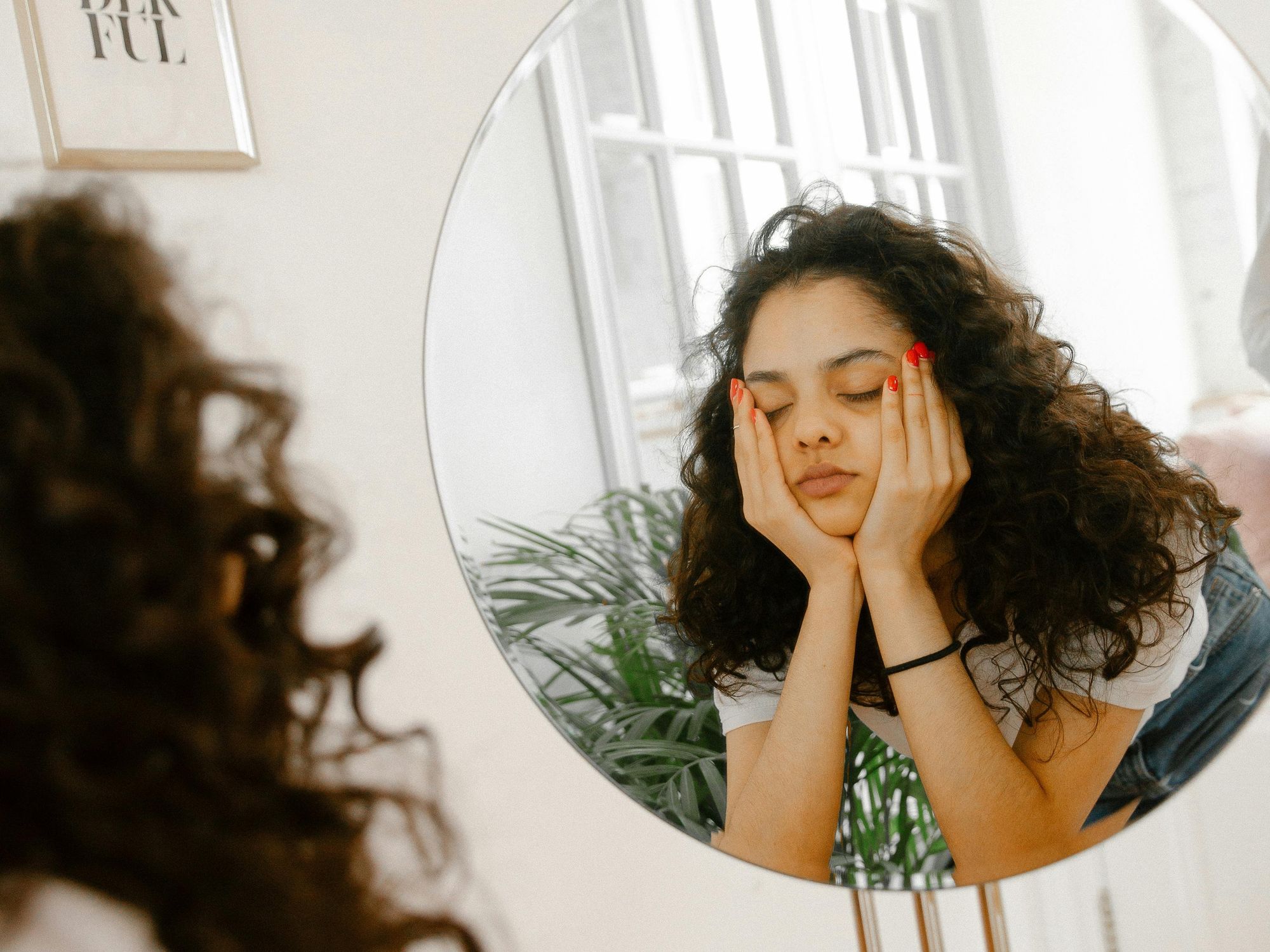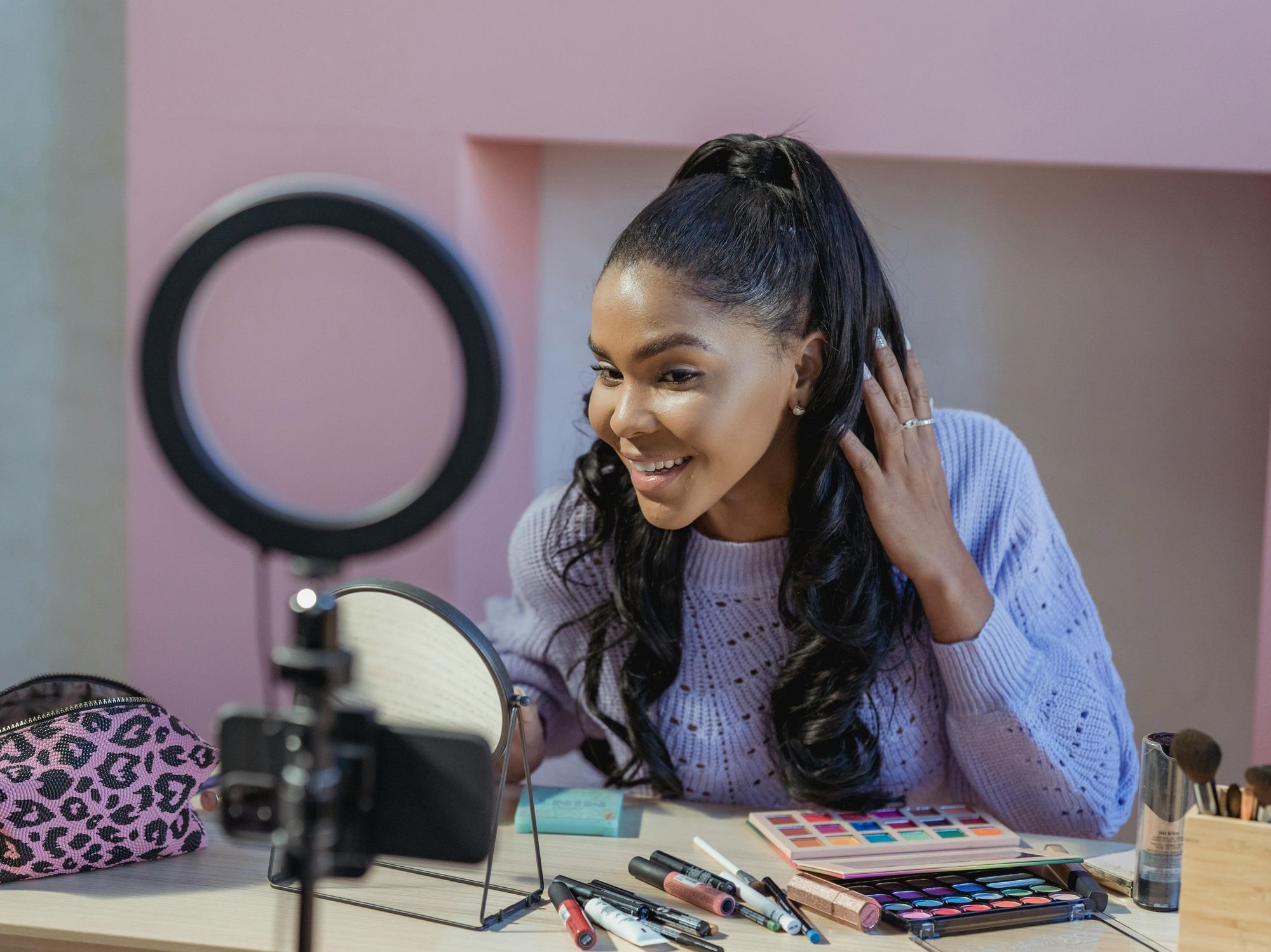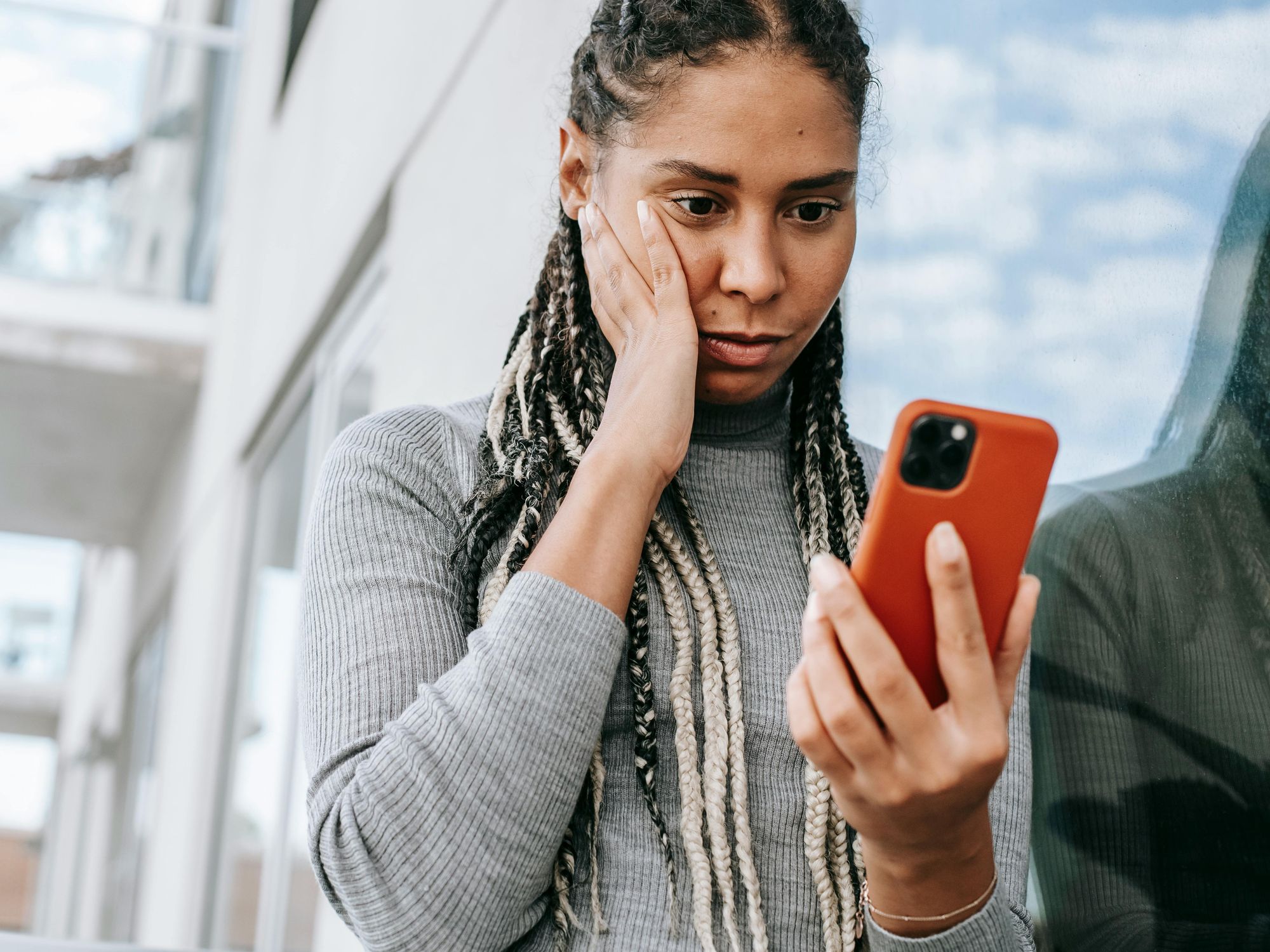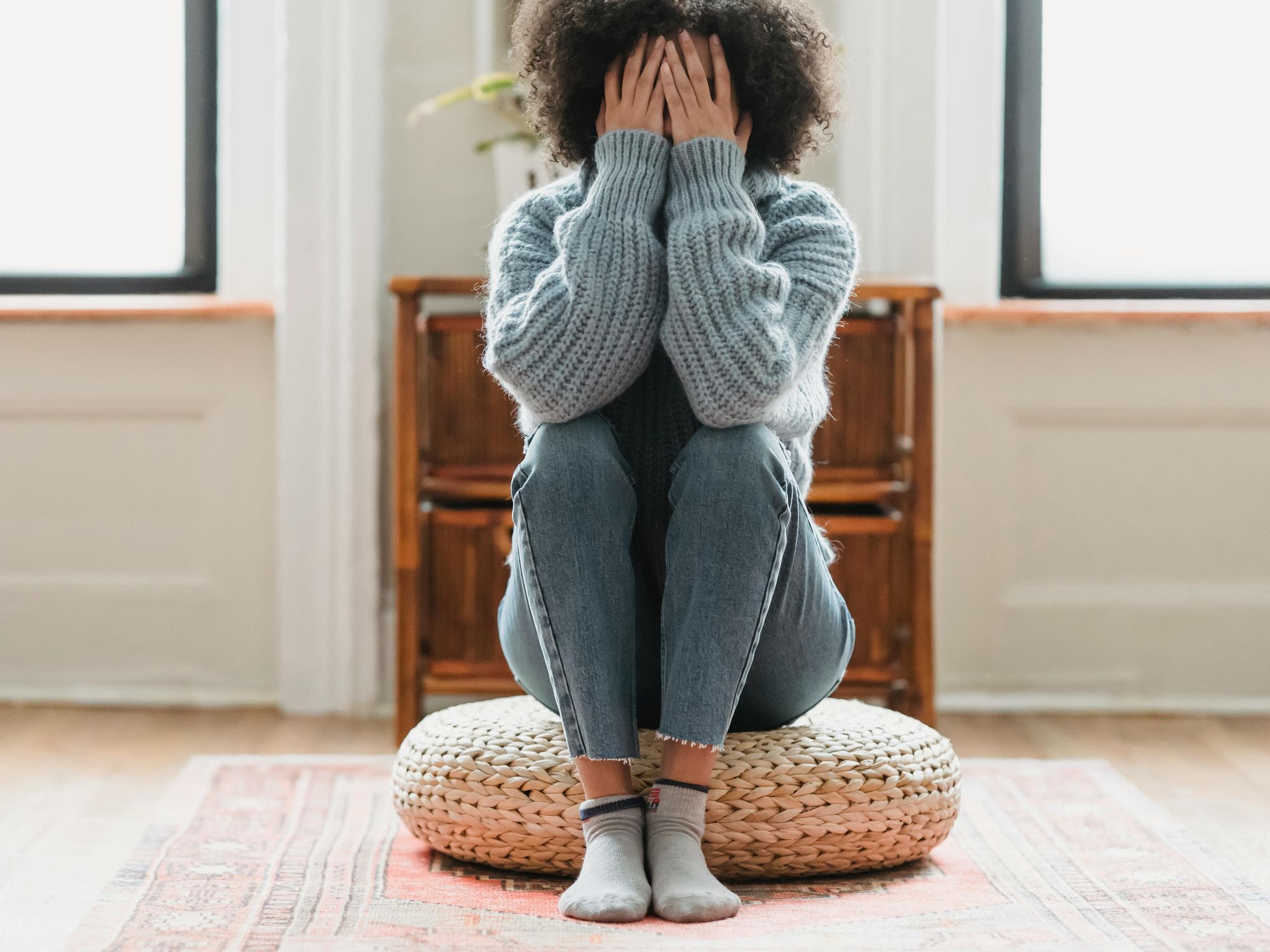
Social media's influence on our body image is insidious and it shapes how we perceive ourselves. This is true for men and women, but women are affected the most because the beauty standards placed on them are widely unrealistic. Today, social media is a billboard for whatever ideal body or beauty standard is popular at any given time. Rarely does that include Latina women. Being aware of the effects of social media can help us protect our mental health and love our bodies as they are. Here are 8 sneaky ways social media affect your body image:
Edited photos can create a sense of inadequacy
 Photo by Aiony Haust on Unsplash
Photo by Aiony Haust on UnsplashMost people alter their appearance or use angles and poses to show their best version. This is particularly true of influencers who want to project a specific image. Filters and editing tools are so widespread that we don’t even register that most of the “perfect” photos we see on our feeds are most likely edited. This only helps to uphold unrealistic standards and often leads to feelings of inadequacy. How many times have you thought “I don’t look like that” when scrolling on social media? That’s the danger of constant exposure to picture-perfect bodies and faces. If you want to make your feed more realistic, follow body positive influencers who reflect reality and find content creators you can see yourself in.
Social media can amplify Body Dysmorphic Disorder

Body Dysmorphic Disorder (BDD) is a mental health condition that causes people to obsess over perceived flaws in their appearance. People with BDD fret over their image and constantly scrutinize themselves, which can lead to distress. Those with BDD also seek to “fix the problem,” but no matter what they do, they’re never satisfied with the way they look. Social media doesn't cause BDD, but it can make it worse by contributing to body dysmorphia. Constant exposure to “ideal bodies” makes anxiety and self-esteem issues worse, negatively impacting body image perception.
It provides constant exposure to beauty ideals and trends

Considering that the average daily usage of social media is 2 hours and 23 minutes as of April 2024, it’s safe to say we’re constantly exposed to content. This is why it’s so important to be mindful of the people we decide to follow. If you’re only following influencers or celebrities who project unattainable beauty standards and who are unrelatable to you, it will contribute to dissatisfaction. That dissatisfaction with the way you look will inevitably distort your self-image, making you feel less confident with every passing day.
Social media fosters comparison culture

Social media fosters social comparison more effectively than anything else. When we’re constantly exposed to idealized bodies and lives, it’s very difficult to avoid judging them as “better than us.” Often, this happens subconsciously, so we’re not even aware we’re doing it all the time. However, we have to remember social media is everyone’s highlight reel. People usually only show the good times and the most beautiful pics. That doesn’t mean they have it all figured out, they don’t have bad days, or they don’t struggle with something behind the scenes.
It can glorify unhealthy thinness and fitness

One thing about social media is that it’s often used to promote unhealthy thinness and fitness. While there are many content creators in the fitness space who promote healthy habits and seek to educate others on their journeys, many others contribute to unhealthy habits by promoting disordered eating behaviors and excessive exercise. “Fitspiration” is not always bad, but it can be tricky to identify. Whenever you’re considering following someone to help you stay motivated on your weight loss or fitness goals, ask yourself: do they make you feel good in your own skin? Do they focus on what the body can do rather than how it looks? This can be a good way to sift between unhealthy and healthy influencers in the fitness space.
Social media can lead to self-esteem and self-confidence issues

There’s no denying that social media can cause self-esteem and self-confidence issues by perpetuating unrealistic beauty ideals and “perfect” lifestyles. The constant exposure to meticulously curated narratives and aesthetics often creates an environment where we all feel compelled to measure up. Measuring up to unattainable standards only leads to a distorted perception of our bodies and lives, which can cause depression anxiety.
It inadvertently pushes you to embrace perfection

The thing about using social media as a highlight reel is that it creates this idea of perfection. It’s very easy to buy into and embrace perfection as an attainable ideal, but it isn’t. No one is perfect, not you, and certainly not your favorite influencer or celebrity. It’s very important to recognize that most of what we see on social media is a fantasy, not a genuine representation of real life. Embracing authenticity is a lot healthier, so we encourage you to find, follow, and champion content creators who live by authenticity.
Social media promotes unrealistic expectations of aging

Even aging has become an undesirable thing with the rise of social media and the glorification of youthfulness. The use of filters and editing tools contributes tremendously to this because people often use them to hide natural signs of aging. Not to mention that the prevalence of influencers and celebrities endorsing cosmetic procedures is also on the rise. All of this contributes to unrealistic expectations of aging; yet another thing that makes people, women in particular, feel inadequate. To that, we say: remember that aging is a privilege and we should be so lucky to live long enough to be as wrinkled as a prune, surrounded by people who love us for who we are.




